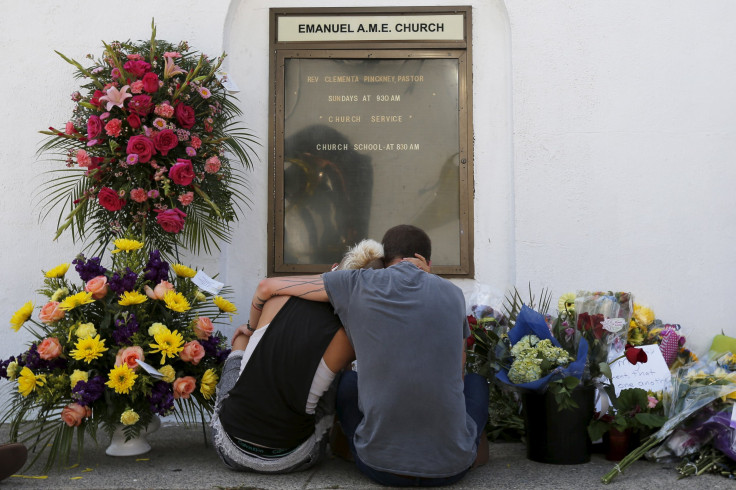Mass Killings And School Shootings Instigate Similar Incidents: Study

Mass killings and school shootings in the United States instigate similar incidents, a research published Thursday in PLOS One journal stated. The study also showed that such events are significantly greater in states with high rates of firearm possession.
Researchers from Arizona State University and Northeastern Illinois University analyzed the databases of previous mass killings and school shootings in the U.S. They found that these incidents form a period of contagion -- where there is a rise of about 20 percent to 30 percent of such events -- that lasts an average of 13 days, the study authors wrote in a press release.
"The hallmark of contagion is observing patterns of many events that are bunched in time, rather than occurring randomly in time," study author Sherry Towers, a physicist from Arizona State University, said in the statement. Researchers noted that on average, mass shootings happen approximately every two weeks in the country and school shootings occur, on average, monthly.
Moreover, previous studies have shown that youth suicides can also be contagious. "Mass killings and school shootings that attract attention in the national news media can potentially do the same thing, but at a larger scale," Towers said.
Interestingly, the research titled "Contagion in Mass Killings and School Shootings," was inspired by Towers’ actual experience in January 2012, when she had a meeting with researchers at Purdue University in West Lafayette, Indiana. Towers recalled that a campus shooting and stabbing occurred that morning where a student was killed.
“I realized there had been three other school shootings in the news in the week prior. I realized that there had been three other school shootings in the news in the week prior, and I wondered if it was just a statistical fluke, or if somehow through news media those events were sometimes planting unconscious ideation in vulnerable people for a short time after each event," Towers said.
The study's results, however, need to be explored further to prevent such incidents, Carlos Castillo-Chavez, a mathematical epidemiologist at Arizona State University, said in the statement. “The tragic events in South Carolina demand that we make every effort to learn the influence that media may have on population-level behavior. We hope that this research inspires the efforts of others, particularly scientists, in helping us understand the impact of culture on random killings and how to prevent these heinous acts."
© Copyright IBTimes 2024. All rights reserved.






















